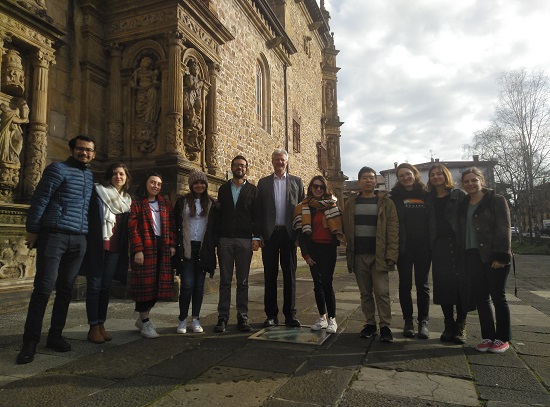Transitional Justice & Human Rights
20 Jan 2020 to 31 Jan 2020
- The main objective of this course is to critically analyse the concept of transitional justice and various approaches to it, both from a theoretical perspective and by making links to policy and practice, and to sketch the role of human rights in this context.
- A short introductory part will look at a conceptual assessment on Transitional Justice and Human Rights, exploring the theoretical and practical clashes, relations and convergence. After this exploration, we will draw on the types of wrongdoing that sets the space for the implementation of TJ specifying on the constitutive elements of political crimes, distinguishing two major types of wrongdoing: those committed by individuals or groups in their relation to governmental institutes, and those actions by state institutions or undertaken with their consent, in their relationship with society or with individual citizens. Seen from this angle, the field of political crimes touches very closely upon the issue of gross human rights violations. Therefore, the largest part of the course focuses on the gross and often massive violations of human rights by authoritarian regimes and on the administration of these violations during and after the period of transition to a democratic regime. The central points of interest in this context are the different scenarios of “dealing with the past” or “transitional justice”: criminal prosecution before national or international tribunals or courts, the establishment of truth commissions and policies of memorialization, the development of reparation policies, and the granting of amnesty and measures of restorative justice and other alternative actions. The different types of political crimes and the responses by the criminal justice systems are treated from a comparative perspective, involving case studies from Europe, the Americas and elsewhere.




